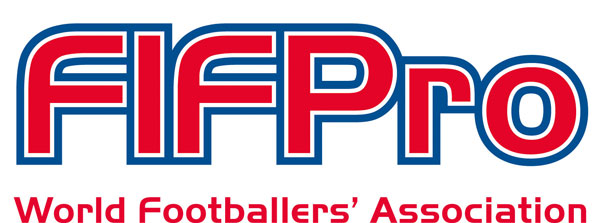By Andrew Warshaw
December 18 – Football’s international players’ union, FIFPro, is demanding a complete overhaul of the transfer system in a move that could ultimately have the same impact on the game as the landmark Bosman ruling of 18 years ago. The union is to launch a legal challenge against the current system which, it claims, shackles players and still prevents proper freedom of movement.
FIFPro is taking its case for greater players’ rights to both the European Commission and the European Court of Justice. If successful, the action would spark a revolution, with players theoretically being able to hand in their notice to clubs without being found guilty of breach of contract.
Philippe Piat, who recently began his second spell as FIFPro president, said employers still wielded far too much control in contrast to the rights of workers in most industries.
“The system fails 99 % of players around the world, it fails football as an industry and it fails the world’s most beloved game,” he charged.
“Football’s governing bodies, clubs and leagues claim the transfer system is necessary to ensure competitive balance, whereby in fact it creates a spiral of economic and sporting imbalance, which only benefits the richest 1% of clubs and player agents.
“These legal and monetary shackles binding footballers to their current clubs can no longer be accepted and upheld.”
FIFPro claim 28% of all the money from transfer fees ends up in the pockets of agents and that many players are not paid on time, or even at all.
Bobby Barnes, FIFPro’s main European spokesman as well as being deputy chief executive of England’s Professional Footballers Association, said the current rules encouraged “speculative, unsustainable, immoral and illegal investment models like third-party ownership of players,” a system banned in several countries but rife in South America, Spain and Portugal.
“Despite enjoying record amounts of revenue, football’s regulatory and economic system fails miserably on numerous fronts and drives the professional game towards self-destruction,” said Barnes.
“Unpaid players are vulnerable targets of crime syndicates who instigate match-fixing and threaten the very existence of credible football competitions. The current industrial model of football in general fails to ensure a professional management and compliance culture that is capable of safeguarding our game against internal and external abuse.”
FIFPro said it would maintain an ongoing dialogue with FIFA, UEFA and the European Clubs’ Association (ECA) but warned that existing rules contravene European law and infringe footballers’ rights.
“Footballers are workers, and only when they enjoy the rights enjoyed by all will Fifpro be satisfied,” said Piat.
The Frenchman added his organisation would not “stand by and watch from the sidelines as football players’ rights around the world are systemically disrespected and the football industry dismantles itself”.
In theory, FIFPro’s action could result in a player handing in his notice, with his next club paying up the remainder of any contract – with no transfer fee paid.
Piat says a review of the transfer system was his “top priority” when he returned to the helm of FIFPro which represents more than 65,000 footballers. But any legal challenge seems bound to be fiercely opposed by clubs all over the world, especially in Europe where their sustainability – and in many cases their very existence – is dependant on a thriving transfer market.
Contact the writer of this story at moc.l1738787177labto1738787177ofdlr1738787177owedi1738787177sni@w1738787177ahsra1738787177w.wer1738787177dna1738787177

